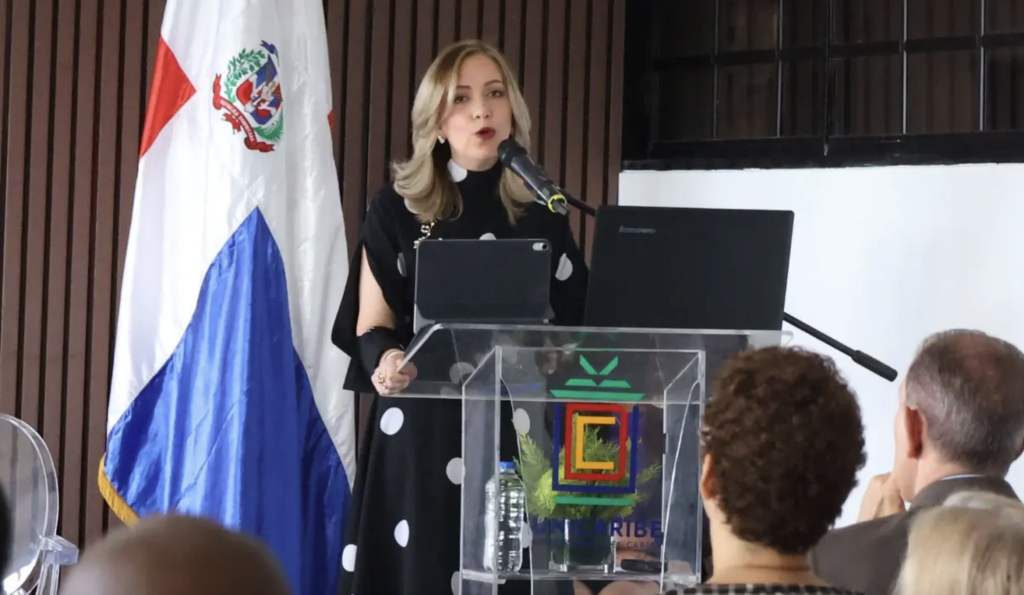
The deficiency of the energy service, the restriction and limited speed of the Internet in public schools, and faulty devices delivered by the Ministry of Education to students and teachers are some of the main obstacles to the use of digital technology for learning, according to the recently-released study, “Digital competencies of Dominican teachers: an exploratory study.”
The study was funded by UNESCO and carried out by the Business Action for Education (Educa) in the Dominican Republic.
The preliminary result of the survey reveals that 23.6% of public school teachers reported that they do not have stable energy in their school and 73.2% say the schools lack alternative energy (electric plant, solar or wind). One in every three teachers in urban or rural educational centers stated that although they have access to the Internet, its use is restricted and the speed is limited.
Two out of every three teachers said they prefer using their cell phones instead of laptops because it is easier. They say almost all of the tablets and laptops provided to the students are defective, says Diego Tejada, a specialist in research and development of Business Action for Education (Educa).
The study focused on integrating information and communication technologies (ICT) in the teaching and learning processes in public sector educational centers.
The research says that 9 out of 10 teachers say that the management team of the educational centers, in some way, supports the educational center’s efforts to promote the integration of ICT in the teaching practice. Regarding the use of ICT, the most used programs are Word and PowerPoint. 58% of teachers use the Ministry of Education digital platforms Educando, Eduplan and Aprendiendo en Casa daily or at least once a week.
Read more in Spanish:
El Dia
31 October 2023

